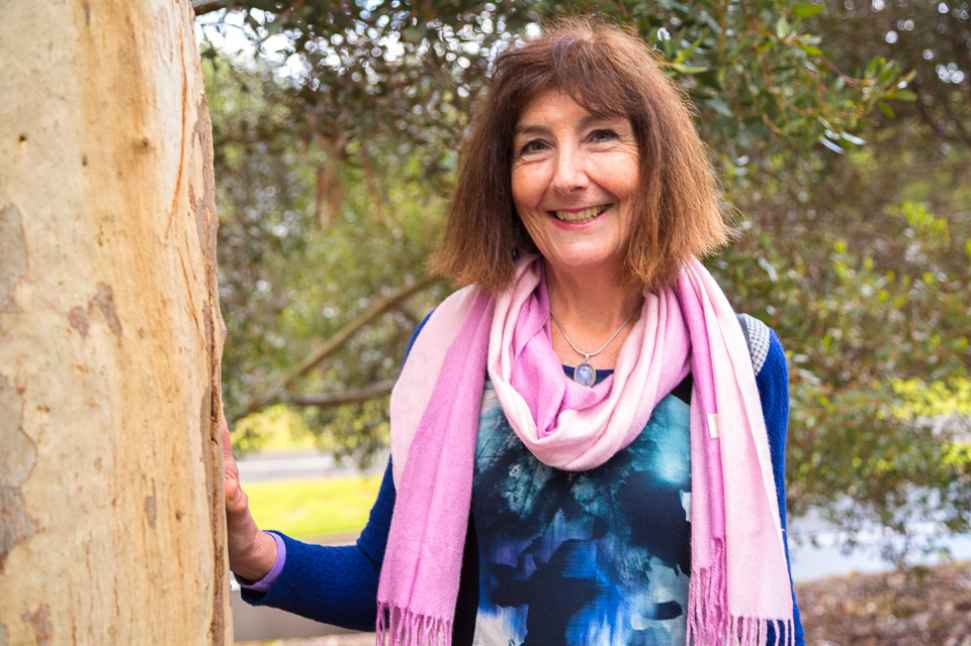The comforts of home
Urban planning has come a long way since big clusters of public housing were built in the 1960s, and research by Kathy Arthurson shows just how important it is for public housing tenants to be freed of social stigma.
“I realised a long time ago just how big an impact living in easily-identifiable public housing can have on the tenants’ lives and wellbeing,” Associate Professor Arthurson said.
“When large developments of public housing were established a generation ago, their reliance on a consistent architectural blueprint meant there were always little things that gave public housing away. Whether it was the lack of carport or a larger number on the building, people often formed stereotypical opinions of anyone who lived there.”
Associate Professor Arthurson has long been an advocate for improved public housing policy, but has recently focused on providing residents with opportunities to speak for themselves – and be heard.
“It can be a scary process for residents when the government sets about rebuilding public housing because they have to move out and occasionally aren’t allowed to come back,” Associate Professor Arthurson said.
“Many of the longer term residents have formed friendships with their neighbours, and it can be extremely unsettling to lose this regular contact when they have to move out, particularly for the elderly. They understand the benefits of rebuilding, but if relocation is not done well it can be a long and uncomfortable process to live through.
“My research is helping both to give them a voice and to improve their health and wellbeing by going back to the basics of what housing is for.”









